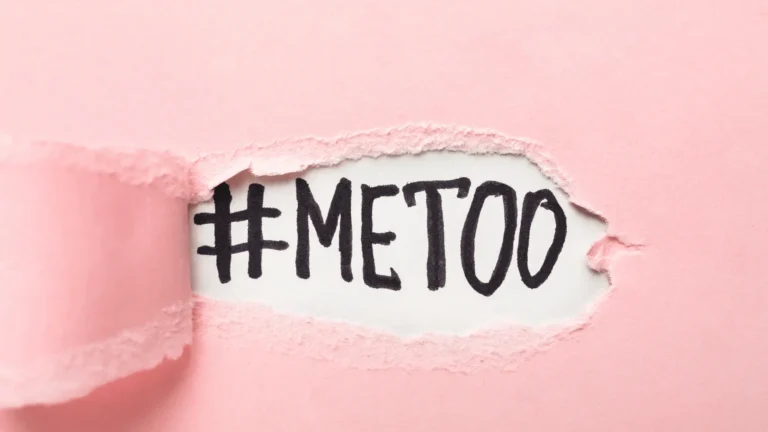Cyntoia Brown was a 16-year-old sex trafficking victim, for all purposes invisible to society.
Her trafficker, Garion “Cut Throat” McGlothen, had coercive control over her life in August 2004 when she was picked up close to a Tennessee Sonic parking lot by 43-year-old Johnny Mitchell Allan.
Allan, a real estate agent, purchased Cynotia for sex that night according to court documents and multiple local reports.
That evening, Cynotia Brown shot and killed Johnny Allan when she claims she felt in fear for her life. She was tried and convicted as an adult of first degree murder and aggravated robbery for taking Allan’s wallet, and she received concurrent life sentences. There, one would have expected her to fade even further into the shadows.
But Ms. Brown did not remain invisible.
In 2011, PBS made a documentary about her case. Now, celebrities like Rhianna, Kim Kardashian, and others have re-sparked interest in Ms. Brown’s plight. They are expressing outrage that the criminal justice system would sentence a minor sex trafficking victim to life in prison for what they perceive as defensive actions against a sexual abuser.
As media attention swirls around Cyntoia though, I feel compelled to reflect: how will her case impact sex trafficking victims across our country? The ones who are still invisible?
Ms. Brown’s case is not a single tragedy happening in a vacuum.
All around our country trafficked children are regularly arrested for crimes such as prostitution.
Why aren’t our juries and court systems appropriately recognizing sex trafficking victims?
One major reason is a broad lack of understanding in our society about teenage sex trafficking and the inherently exploitive nature of prostitution.
Many news outlets are referring to Ms. Brown as a “sex worker,” yet this is a complete misnomer. Under U.S. federal law, anyone engaged in commercial sex who is under 18 years old is by law a sex trafficking victim.
Perhaps if she had been sexually assaulted by a school teacher or a doctor for Olympic athletes her exploitation would have been recognizable—at least to a few. But, Cynotia’s sexual abuse, contextualized within the world of commercial sex somehow morphed her experiences of serial rape into “sex work.”
The media is not alone in mischaracterizing this issue. Netflix is poised to normalize the sexual exploitation of girls just like Cynotia, as well as the idea of the sexy teenage “prostitute,” through its new show “Baby,” which is based on a real-life case of 14- and 15-year-old girls in the sex trade. Many individuals are taking action by emailing Netflix executives asking them to cancel production of this show.
This is being billed as a “coming of age” story, that’s “edgy” and about “defying social norms.” In reality, it’s an example of a mainstream corporation reinforcing societal misconceptions that lead to our #MeToo epidemic and trivialize sexual harassment, assault, and exploitation in all its forms—even the sex trafficking of minors.
When media giants normalize the idea of “teenage prostitution,” it becomes more difficult for law enforcement to convict the sex traffickers, pimps, and sex buyers who abuse them.
Case in point, one member of the Denver Police Department said, “When I have a jury pool, and I am trying talk about this 17-year-old or 25-year-old that has been victimized, the jury pool thinks they want to be in it. Aren’t they putting themselves through college? They think they are making all this money and drinking champagne and driving in Bentleys.”
We must recognize that Cyntoia was a sex trafficked child who underwent profound trauma. These experiences should be considered in the charging and sentencing of any trafficking victim, particularly a child victim.
The good news is that there is real hope that this case can bring a renewed focus to consider a sex trafficked person’s status in criminal cases. However, if we truly want judges and juries who can recognize victims, then it’s time for news outlets and mainstream entertainment to stop feeding into myths about commercial sexual exploitation.
Let Cyntoia Brown’s tragic exploitation be a wakeup call to our court systems, and our news and entertainment outlets, to recognize victims and support survivors.


